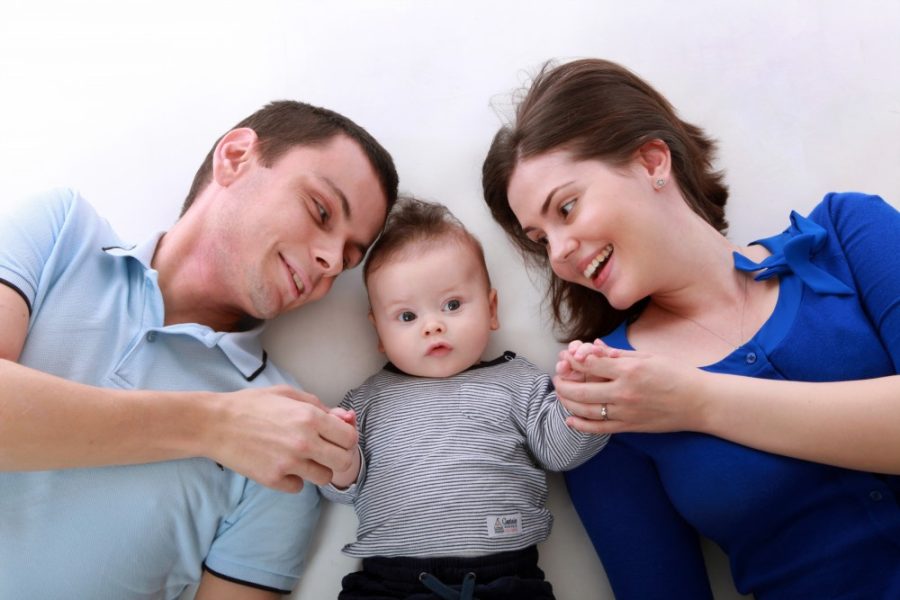“I will N-E-V-E-R have kids,” I told my dad after I returned from my six-month nannying job in Spain. “There’s this thing in Spongebob where the camera shows Spongebob’s cute bucktooth smile, but then the camera zooms in and you see huge zits and worms coming out of his sponge holes. Nannying is like that,” I explained.
Families can look perfect with wonderful, charming children. But when you live with them in close proximity, you see things that make you wonder why the heck people want to have kids. The family I nannied for had three kids who were all intelligent, adorable and funny. However, when I think back on the months I spent in Spain, the negative experiences seem to override the positive ones.
I can’t tell you how many times I had to sit quietly at the dinner table while the oldest son got yelled at for not studying, or how many times I was stuck in the car for three hours with the kids crying about how their ears wouldn’t pop. My favorite was waking up the 6-year-old boy who would immediately yell how much he hated me.
My parents have assured me that I’m still young and my mind could change. According to NPR, the average age for a woman in the U.S to have her first child is at 26.3 years old. So, I still have time.
RELATED: A look at the life of a UA student living near the U.S.-Mexico border
The leading cause for women to wait is due to “less sex and more contraception,” Bill Albert, of the National Campaign to Prevent Teen and Unplanned Pregnancy, told NPR. He credits sex education taught in school, long-form birth control and possibly the horrifying MTV show, “Sixteen and Pregnant.”
Michelle Marquez, a graduate student in educational leadership, said she always knew she wanted children.
“It’s something I’m really passionate about,” she said. “Having a family is the ultimate goal.” Marquez wants to wait until her late 20s to be financially stable and finished with her degree. This is a common plan among students: first completing their degree then securing a steady income before starting a family.
Rae Pickens, an environmental science major, firmly decided she does not want to have kids of her own. “I would foster or adopt,” she said.
Her reasoning is because of the abrupt rise in the human population. She, too, said she will wait, if she decides to adopt, to start a family.
RELATED: Column: Graduates, this is just the beginning of the rest of your life
I can agree my first-hand experience with kids was much more involved than most. Working five days a week and living with a family in another country made my minimal hours of babysitting effortless and fun.
I can’t help but wonder how students who want kids would feel if they had to live with a foreign family and be shaken awake every Saturday by screaming children and banging piano keys. But here I am at age 25, only 1.3 years away from the average age to have a first child. A lot could happen, and maybe I’ll change my mind.
Follow Sammy Minsk on Twitter









